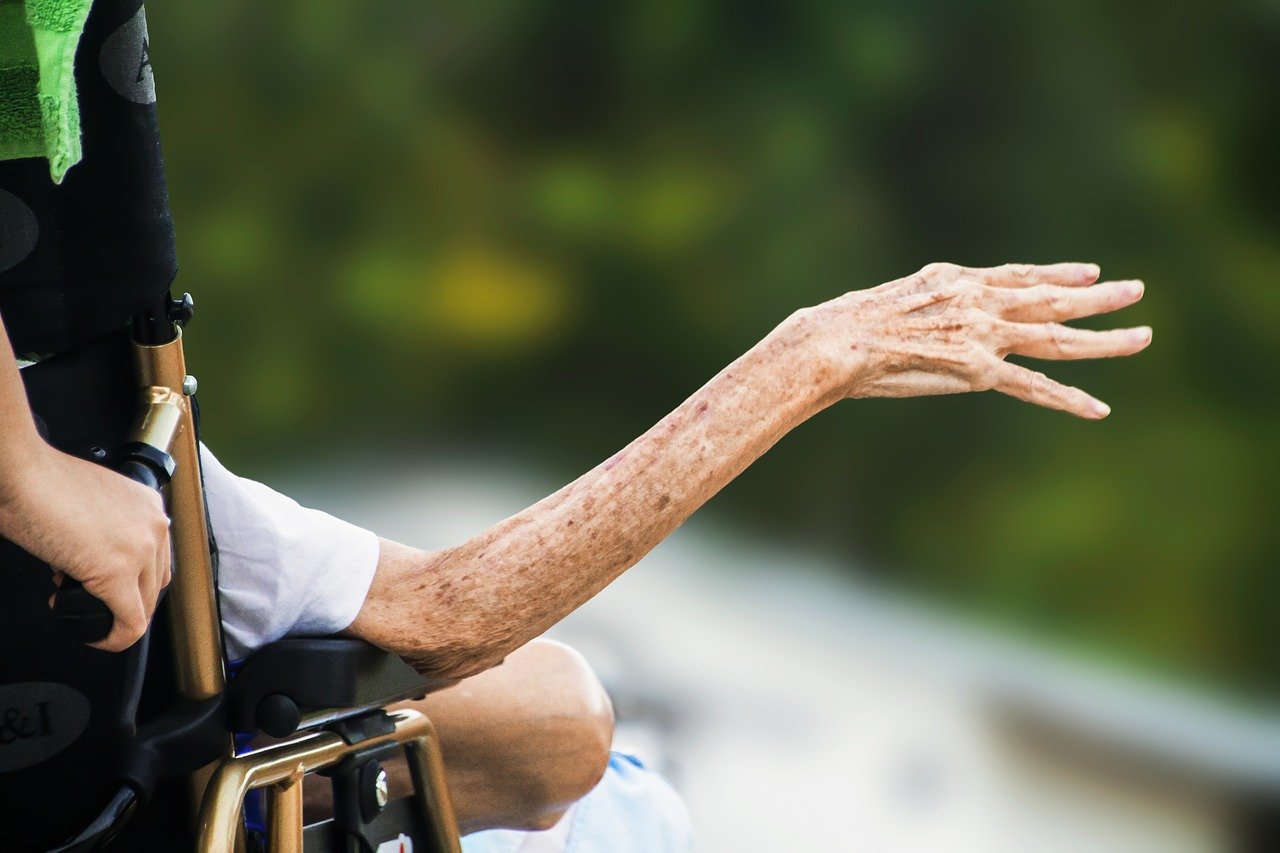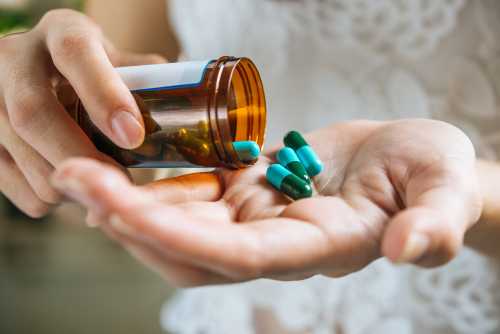What is stroke
Stroke is basically defined as blockage (whether partial or complete) of blood vessels that supply blood to certain parts of the brain. When this kind of blockage takes place, oxygen and nutrients supply to the brain is cut off.
As a result of such blockage, brain cells in that particular area begin to die and if the oxygen supply to that area is not restored as early as possible, you may lose some brain functions for ever.
Various parts of the human brain controls different parts of the body and hence, depending on the part of the brain the stroke affects may render a particular part of the body paralysed.
Even though stroke can affect any of the body functionality, it is mostly manifested as a complete or partial paralysis of all or some of the limbs.
Causes of Stroke
Generally, there are two main causes of stroke — One is the blockage of blood vessels that supply oxygenated blood to the brain while the other is due to the bursting of a blood vessel within the brain – this is referred to as hemorrhagic stroke where haemorrhage here means bleeding into the brain.
What are the risk factors of stroke
A number of lifestyle activities that people engage in and some disease conditions are known to increase the risk of developing a stroke.
Strokes used to be classified as part of diseases for the aged but now even young adults get stroke. Some of the factors that may predispose you to having stroke include:
Lifestyle risk factors include:
- Smoking cigarette
- Overweight or obesity
- High fat diets (especially those rich in saturated fats)
- Lack of exercise or physical activity
- Excessive alcohol intake
Note that the above listed lifestyle related risk factors for the development of strokes are modifiable and hence paying attention to them can help you prevent strokes.
Disease conditions that serve as risk factors or increase your chances of getting stroke include:
- Hypertension (Persistently high blood pressure)
- Diabetes
- Myocardial infarction
- Atrial fibrillation
- Deep vein thrombosis
- Pulmonary embolism
- Dyslipidemia
- A previous stroke
- Transient Ischaemic Attack
According to the American Heart Association, males are generally at higher risk of developing strokes than females. It was found that men have an excess of 33% in terms of stroke incidence compared to that of women. For prevalence rate, males were found to be 41% higher than women.
This means that if you are a man, your chances of getting a stroke is higher than that of a woman. However, it doesn’t mean you will automatically get a stroke because you are a man or you won’t get a stroke because you are a woman.
What are the signs and symptoms of an imminent stroke?
The following signs and symptoms have been found to usually present before someone suffers a stroke and hence could inform you if you are about to have a stroke. This only applies to people who have a higher risk of developing a stroke.
- Having a severe headache of a sudden onset
- Sudden onset of weakness of some parts of the body including the limbs or face
- Difficulty in speaking, confused or impaired cognitive function including inability to comprehend what others around say. If these occur suddenly in someone with a high risk of stroke then it is predictive of an imminent stroke.
- Difficulty walking, inability to control one’s movement or feeling dizziness suddenly.
How to estimate your risk of getting stroke
There are various calculators that people have developed to help you estimate your risk of getting a stroke. Most of these calculators use similar parameters to estimate the risks. The following parameters are predominant and will contribute largely to estimating your risk of getting a stroke.
- Your age
- Your gender
- The presence or history of a heart failure or disorders associated with the left ventricle of the heart
- Hypertension
- Diabetes
- History of a previous stroke or transient ischaemic attack (TIA)
Here are two online calculators that will ask you for information pertaining to the parameters listed above and estimate your relative risk of getting a stroke. It will also explain the score that you get as well.
ttps://www.uclahealth.org/stroke/stroke-risk-calculator
https://www.cardiosmart.org/stroke-and-bleeding-risk-calculator








very υѕeғυl ιnғorмaтιon вro
I am glad you found it helpful